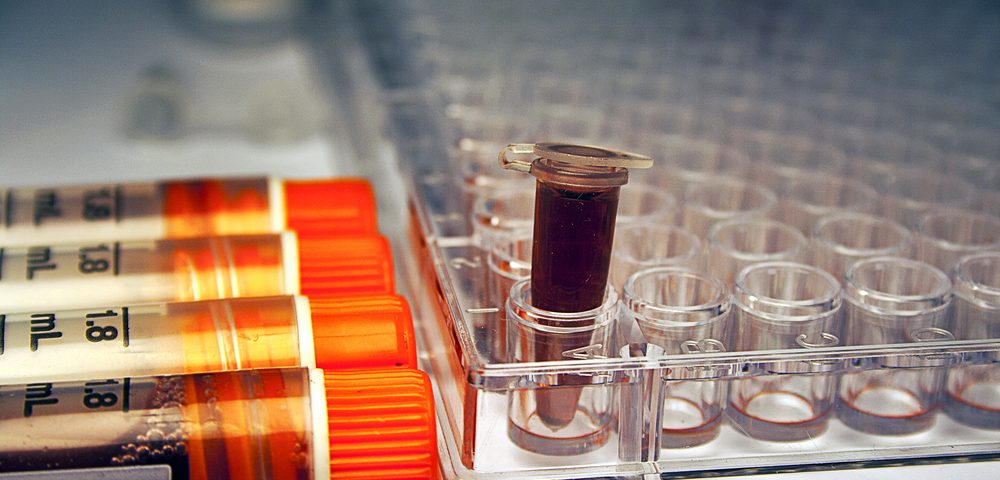Combining the PD-1 inhibitor Keytruda (pembrolizumab) with another immunotherapy agent called AM0010 may be a promising approach to treat patients with renal cell carcinoma (RCC) and non-small cell lung cancer (NSCLC), according to the results of a Phase 1b clinical trial. The findings were presented at the Second CRI-CIMT-EATI-AACR International Cancer Immunotherapy Conference: Translating Science into Survival, held Sept. 25-28 in New York.
“Immunotherapy has improved the prospects for many cancer patients by providing long-term benefit, but not all patients respond to the currently available immuno-oncology drugs,” Aung Naing, MD, an associate professor in the department of Investigational Cancer Therapeutics at The University of Texas MD Anderson Cancer Center in Houston, said in a press release. “Rational combinations of immune therapies are likely to expand the tumor-specific immune activation and lead to more durable tumor responses,” he said.
AM0010, a modified form (PEGylated) of the recombinant human IL-10 with enhanced stability, has been shown to have immune stimulating effects, inducing the activation, proliferation and survival of the anti-tumor cytotoxic CD8-positive T-cells found within the tumors of patients.
In addition, preclinical studies have suggested that AM0010 can act synergistically to other molecules that boost the immune system, as well as chemotherapies.
Keytruda is an immune checkpoint inhibitor that blocks the immune-suppressive PD-1/PD-L1 pathway, boosting the immune system’s ability to recognize and fight the cancer cells. To address whether the combination of AM0010 and Keytruda could benefit cancer patients, investigators enrolled 19 patients with advanced melanoma, RCC, or NSCLC to a multi-cohort Phase 1 trial (NCT02009449). These patients were included in a single cohort in which participants received one of two daily doses of AM0010 and Keytruda (2mg/kg) every three weeks.
Results showed that after 1o to 15 months of follow-up, two of the eight patients with RCC had complete responses to treatment, while two had partial responses (77% and 92% reduction, respectively). In addition, two of the six melanoma patients had partial responses and two had a pseudoprogression (initial increase of the tumor volume followed by a decrease).
Researchers reported that AM0010 did not induce any autoimmune side effects, and said that the most common side effects, which included anemia, low platelet numbers and fatigue, were all manageable.
“In this clinical trial, we found that the two immunotherapies were well-tolerated, without overlapping toxicity or severe autoimmunity, while providing strong antitumor responses,” Naing said. “In addition, we detected new, expanding T-cell clones in the blood of all patients who received AM0010. Many of those T-cell clones were not detectable before treatment. This is reminiscent of tumor-specific vaccination,” he added.
According to Naing, the molecules used by CD8-positive T-cells to kill cancer cells were all increased in the blood of the treated patients, providing further evidence that the CD8-positive T-cells were highly activated upon AM0010 treatment.
This also was observed in other cohorts of the Phase 1 trial in which patients were treated with AM0010 alone or in combination with chemotherapies.
Naing noted that the small number of patients with RCC and NSCLC was the main limitation of the study, but he believes these early results support the interpretation that combining AM0010 and Keytruda may be a promising approach in such patients.


